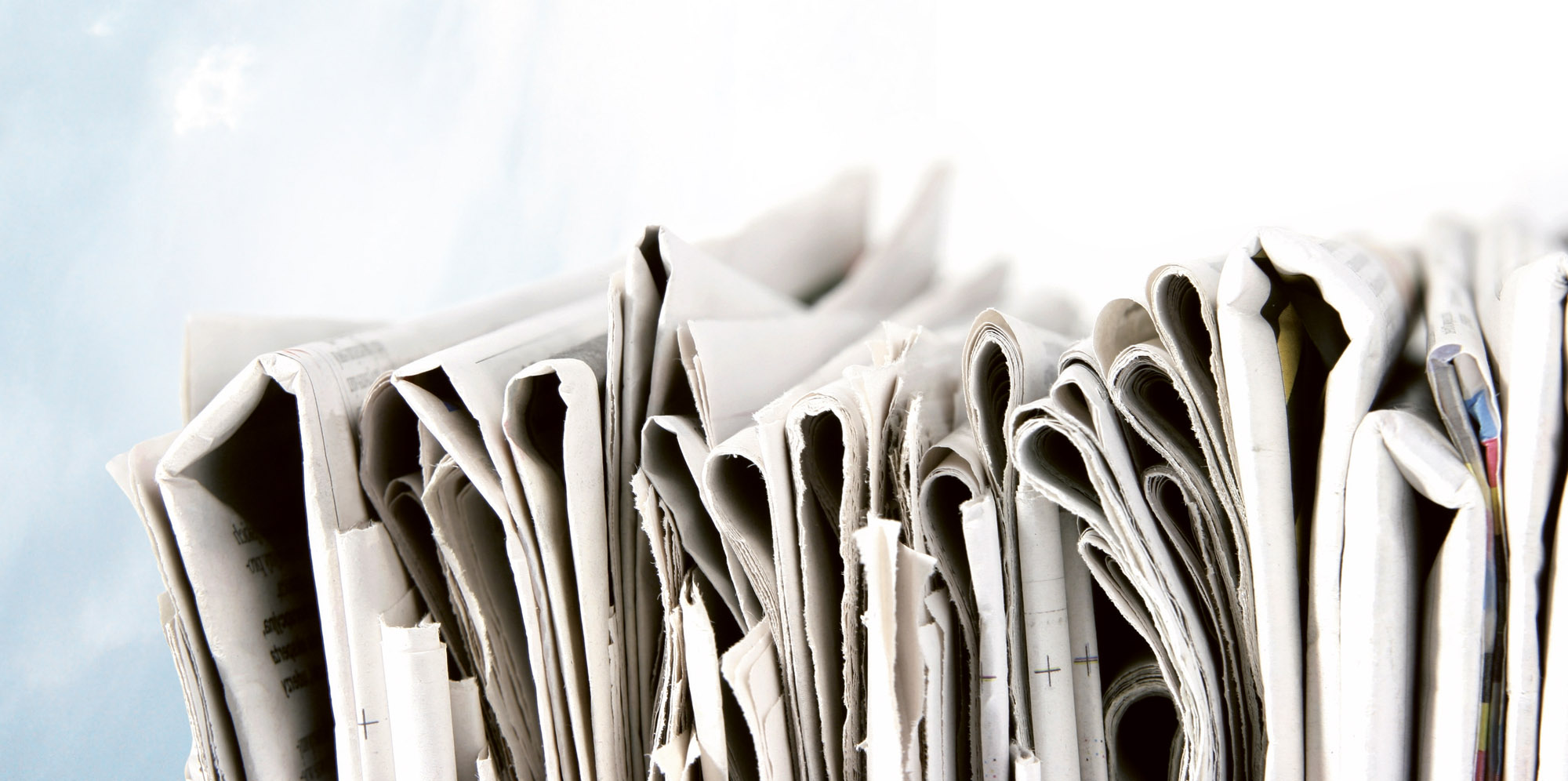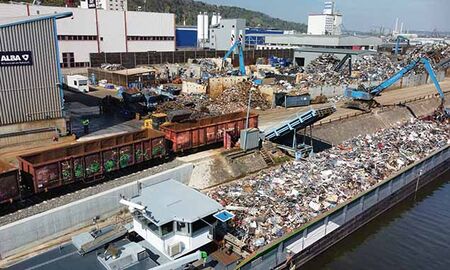Here you can find archived ALBA Group/ALBA SE press releases, as well as from ALBA/Interseroh. Please contact our press department in case of any further questions.
To subscribe to the RSS feed of our press releases, please click here.

Here you can find archived ALBA Group/ALBA SE press releases, as well as from ALBA/Interseroh. Please contact our press department in case of any further questions.
To subscribe to the RSS feed of our press releases, please click here.

Berlin. Due to media reports about sales of ALBA metal companies to the international steel group ArcelorMittal, Interseroh and ALBA clarify:
The sales…